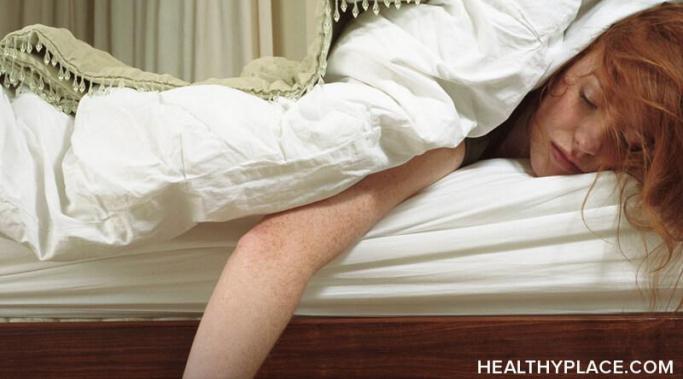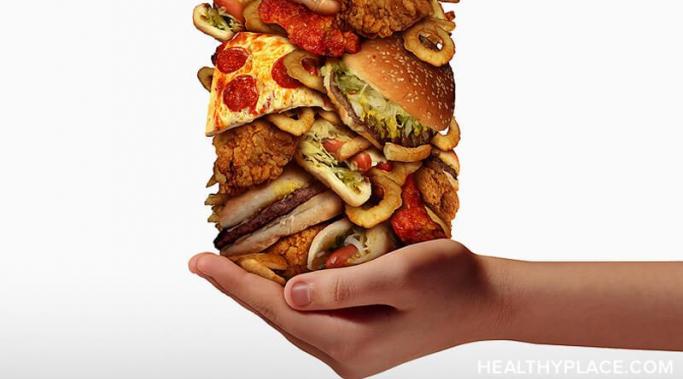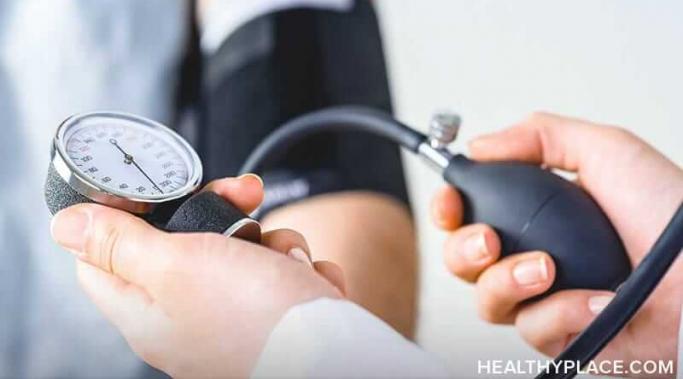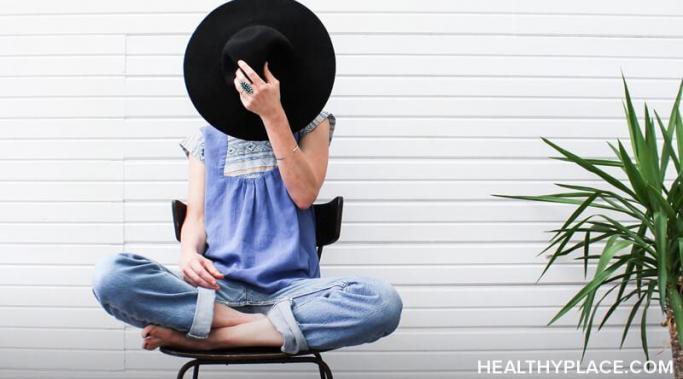Blogs
Do you have trouble getting out of bed and sometimes end up staying in bed all day? You're not alone. People with mental illness, those experiencing depression in particular, often have this problem. But no one wants to stay in bed all day. It doesn't help anyone, it doesn't shorten one's overwhelming to-do list, and it doesn't help you feel better, either. So, let's look at techniques to ensure you don't stay in bed all day.
Navigating my life with you, my reader has been a privilege; however, this post will be my last. Anyone following my blog knows that my life has been anything but stable. It’s funny; I started writing here to help the borderline personality disorder (BPD) community by sharing my past experiences. I ended up sharing the challenges I was currently facing.
The holiday season seems to put pressure on indulging in big meals and celebrating with people you haven't seen in a while. These holiday traditions also disrupt one's routine, which is helpful to have in recovery. The pressure and disruption of the holiday season can cause elevated stress and discomfort around food, especially if you are in binge eating disorder (BED) recovery.
Paranoid schizophrenia affects my diet. I have a complicated relationship with food, and thinking something looks good or sounds good is not enough to get me to try it. The reasons are that my most persistent symptom besides anxiety is paranoia and my paranoia frequently involves food.
I believe trauma is often a repercussion of eating disorder treatment. Of course, clinical interventions are helpful, beneficial, and even crucial parts of healing, but they can still be traumatic nonetheless. This might sound like an oxymoron, so let me explain the possible trauma of treatment.
Let’s face it: setbacks aren’t fun, and they can feel especially un-fun when they’re mental health recovery setbacks. Building resilience in mental health recovery can help with that. Resilience sounds like such a big thing, but all it means is the ability to bounce back from difficulties.
I know how important authentic feelings are to recognize. I'm feeling a little blue. Sorrier words have never inaugurated a blog post, I'm sure, but I'm not here to impress you, I'm here to be authentic, to share authentic feelings. What's authentic right now is that it's just one of those days.
At this time of the year, I usually look forward to the holidays. But there are some years when my holiday spirit seems nonexistent. So far this holiday season, my anxiety and depression have been getting worse. Here are some ways I noticed that I am struggling with my mental health and what I plan on doing about it this month.
Is it possible to stop self-harming without therapy? As someone who walked the road of self-harm recovery alone for many years, I can tell you it's possible—but that doesn't mean it's your best option.
I am always anxious around the holidays because of my schizoaffective disorder, but this season I have the added anxiety from arthritis in my knees.









